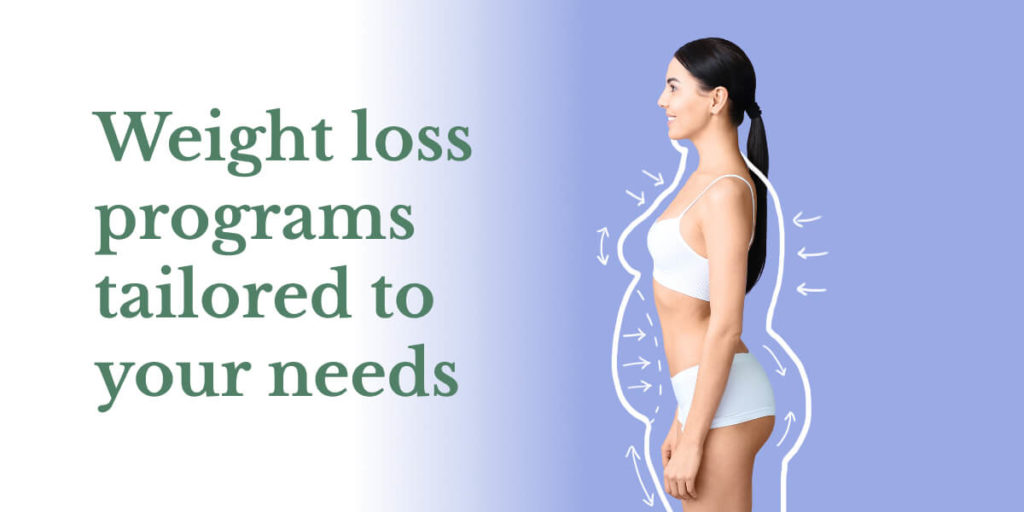Male Menopause
Male Menopause
Male Menopause or andropause, results from aging and decreasing hormones
Men, like women, experience midlife changes caused by a shift in their hormonal balance. This condition that is often labelled male menopause is known in the medical community as andropause.
Symptoms of male menopause
Decreased hormone levels is a natural part of aging, but it may cause uncomfortable symptoms that affect a man’s quality of life. Male menopause symptoms appear more gradually and are less severe than female menopause, but are just as troubling.
Many health professionals in the traditional medical community ignore or dismiss these symptoms because they can be difficult to detect and quantify. At our functional medicine clinic near Milwaukee, we not only address male menopause, but we also treat it. We care about quality-of-life issues! Men may experience some or all of the following symptoms.
- Reduced libido
- Difficulty with erections
- Infertility
- Disrupted sleep
- Depression
- Poor concentration
- Heart disease
- Osteoporosis
- Prostate enlargement
- Muscle weakness
- Fatigue
- Irritability
Many men are reluctant to discuss these symptoms with their healthcare practitioners and are often sent by their wives or partners. It takes a keen ear and asking the right questions to obtain the pertinent information needed to safely and effectively treat male menopause.
Diagnosing male menopause
Male menopause, or andropause, is diagnosed through laboratory findings and clinical evaluation. We also look for physical signs during a medical examination, such as: decreased muscle strength and size; increased abdominal fat; small wrinkles around the forehead; fatty breast tissue; smaller penis and testes; and lack of body odor.
We begin our evaluation with a detailed questionnaire, which is a good jumping-off point to begin a productive dialogue about any problems or symptoms.
At our functional medicine clinic near Milwaukee, we perform blood work to determine hormone levels for testosterone and estrogen. This is important because there are two particular problems that affect males: low T and estrogen dominance. We are experienced at diagnosing and treating both of these conditions. Dr. Debra Muth is a nationally recognized expert in hormone therapies.
We promote a healthy diet as a way of regulating hormone levels
We know that the symptoms of male menopause are caused by hormone imbalances. We also know that dietary deficiencies can contribute to this imbalance. For example, estrogen dominance may be caused by the following dietary substances:
- Trans-fatty acid intake
- Fluoridated water
- Zinc, magnesium deficiency
- Lack of sulfur-containing amino acids
Testosterone levels can also be affected by diet; for example, a diet high in sugar and fat may reduce testosterone levels. We encourage patients to eat an organic diet high in fruits, vegetables and lean protein.
Male menopause is not a figment of your imagination, and we treat it and you seriously and respectfully. If you are concerned about symptoms of male menopause, contact us.



